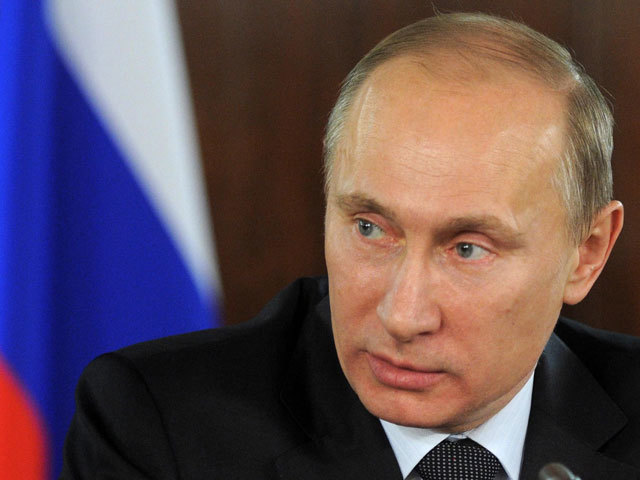
The European Union will today unveil a fresh raft of economic sanctions against Russia in a show of support by Western leaders for the beleaguered government of Ukraine.
The package, to be announced in Brussels, will include measures targeting state-owned energy and defence companies and are expected to be accompanied by similar sanctions by the United States and Canada.
At the same time, Nato leaders gathered for a summit in south Wales will set out their plans for a new high-readiness “spearhead” force capable of deploying thousands of troops within a matter of days designed to counter the threat of Russian aggression.
The 28-member alliance is also preparing to “pre-position” supplies of fuel and ammunition in bases in eastern Europe so they are ready in place in the event of a fresh crisis while airfields and port facilities in the region will also be strengthened.
The plans will go ahead despite Ukrainian President Petro Poroshenko – who is attending the summit as a Nato partner – expressing “careful optimism” that talks in Minsk in Belarus could see a ceasefire deal between the government in Kiev and pro-Russian separatist rebels in the east of the country.
The measures are in part intended to reassure former Soviet bloc countries such a Estonian, Latvia and Lithuania that the alliance will come to their defence if they are targeted by Moscow.
All three Baltic states are – unlike Ukraine – full Nato members and are entitled to expect that an attack on any one of them would be treated as an attack on the whole alliance.
Despite assurances from David Cameron and US President Barack Obama of their commitment to collective defence, there are some who would have liked to have seen more Western troops stationed permanently in the region.
Mr Cameron and Mr Obama – as two of only Nato four leaders currently to meet the obligation on alliance members to spend at least 2% of their GDP on defence – will be pressing for commitments from other leaders to raise their spending on their armed forces.
However there was embarrassment for the Prime Minister with a briefing paper by the Royal United Services Institute military think tank suggesting Britain’s defence budget could fall to 1.88% of GDP in 2015-16.
There were tensions also among Nato leaders over alleged ransom payments made by some countries – such as France and Italy – to secure their nationals held hostage by terrorist groups overseas.
With feelings running high on the issue following the beheadings by Islamic State terrorists of two American journalists and the threats to kill a British hostages, Mr Cameron last night bitterly accused some fellow leaders of reneging on commitments made last year not to make such payments.
“All those people who signed these declarations know that what matters is not your signature on a declaration but not letting money be paid to terrorist kidnappers because that money goes into arms, it goes into weapons, it goes into terror plots, it goes into more kidnaps,” he said ahead of a lavish official banquet at Cardiff Castle.
“It is utterly self-defeating. It is worse than self-defeating, it is actually a risk to us back at home.”